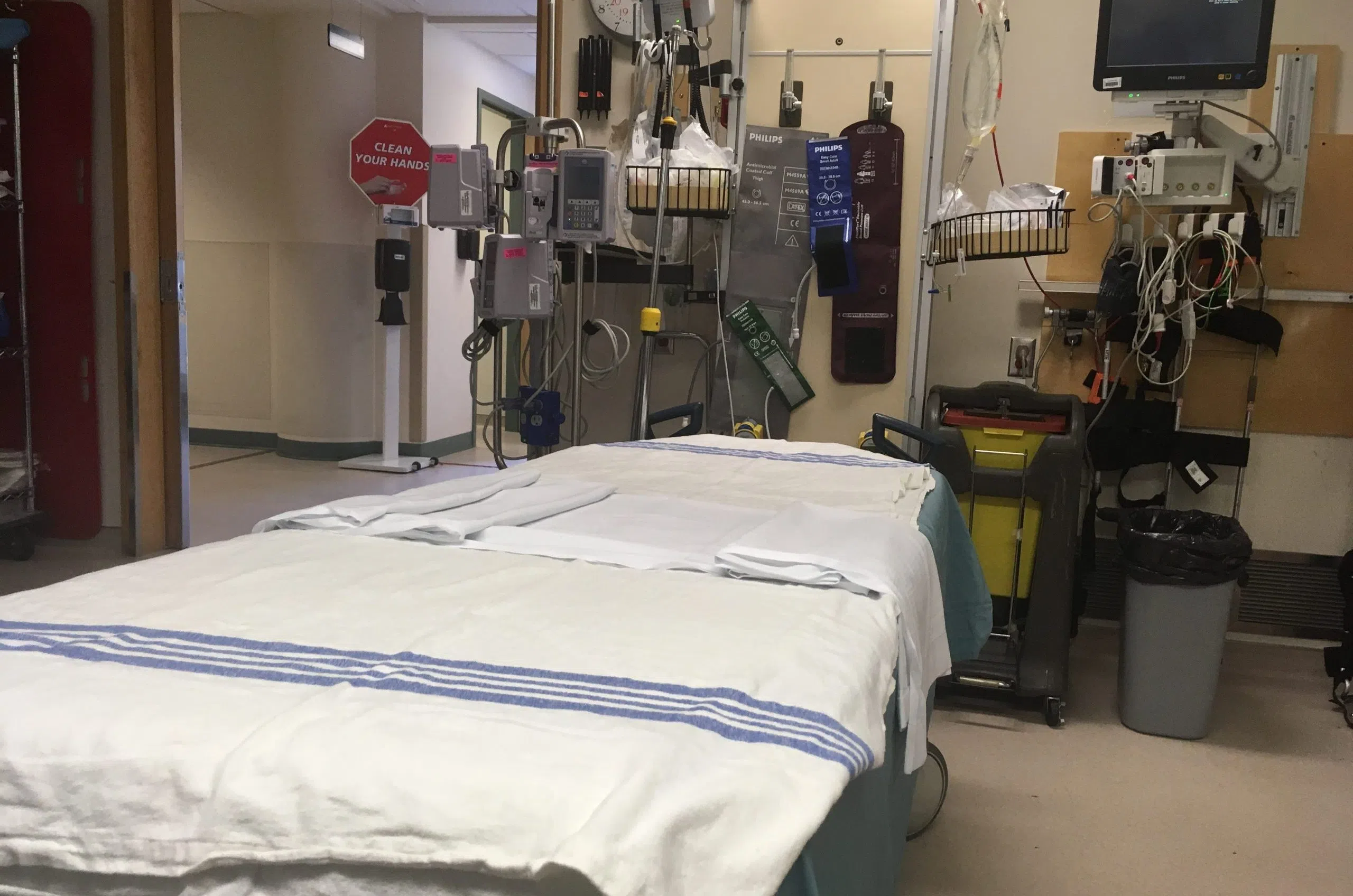The Canadian government and its provincial counterparts have a deal.
During a Council of the Federation conference call Monday afternoon, premiers from across the country agreed to a proposed health-care funding deal put forward last week by Prime Minister Justin Trudeau.
The federal government offered the provinces a 10-year, $196-billion deal. Only a quarter of that is new money, however.
The premiers were hoping to see an immediate cash injection of $28 billion and yearly increases after that, but Ottawa has offered an estimated $46 billion in new funding over 10 years.
“To say the least, I think we were a little disappointed at that …,” Manitoba Premier Heather Stefanson, the chair of the Council of the Federation, said after the meeting last week.
On Monday, Stefanson announced the premiers had agreed to accept the deal, although they reiterated it’s far less than they had been asking for.
The premiers’ demand to Ottawa was to increase its share of health spending from 22 per cent to 35 per cent. Stefanson says the proposal amounts to about a two per cent increase.
Still, she says the provinces will accept the new money while continuing to work with Ottawa on a long-term plan to ensure the viability of Canada’s cherished health-care system.
During a conversation with Gormley on Monday, Saskatchewan Premier Scott Moe suggested the provinces likely would accept the federal government’s proposal despite their disappointment in the offer.
“At the end of the day, I don’t think there’s any province that’s going to be turning down or not investing health-care dollars that are available,” Moe said. “However, this does mean that provinces are going to need to carry on with … paying for the health care that they are delivering.”
— With files from The Canadian Press







